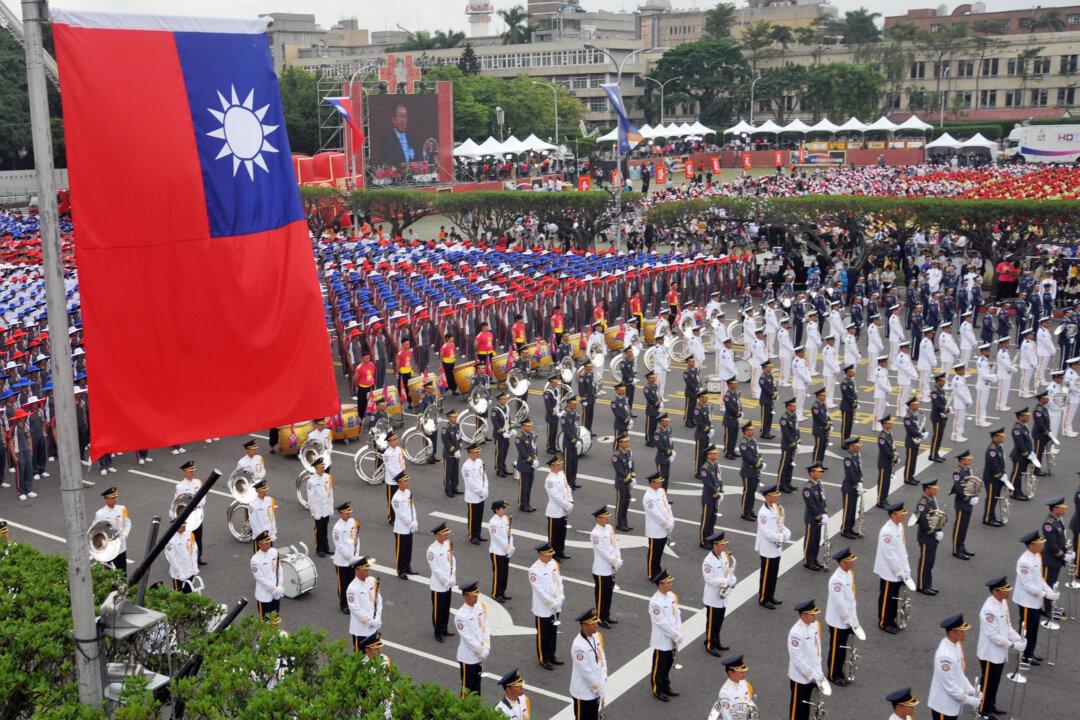The United States will likely come to the aid of Taiwan in the event of a Chinese invasion, one expert says, pushing back against recent suggestions by Beijing’s propaganda that the self-ruled island would meet the same fate as Afghanistan if it continues to be dependent on Washington.
Since the Taliban had swiftly seized control of Afghanistan, two weeks before the U.S. forces’ scheduled withdrawal from the country, Chinese state media has capitalized on the event for propaganda purposes, casting the United States as an unreliable ally of Taiwan.





